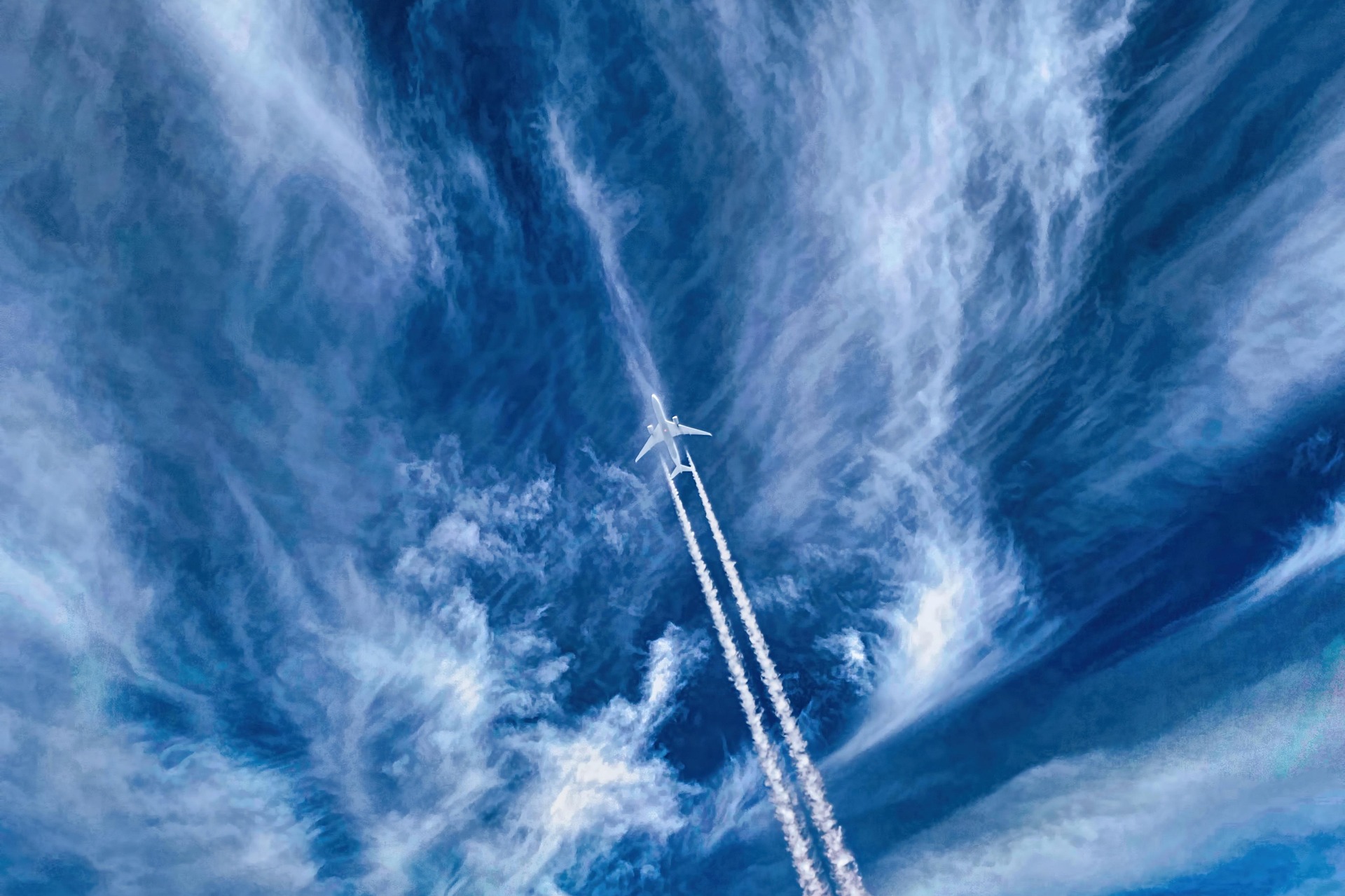Article Highlights:
- Always declare duty-free goods that exceed your exemption limit.
- Know the new customs rules, including electronic declarations.
- Prohibited items include certain food products, drugs and wildlife goods.
- Mistakes like underreporting goods or failing to declare currency can lead to fines.
- Global Rescue provides customs information and travel advisory services.
When traveling internationally, returning to your home country can sometimes be the trickiest part of your journey. One of the most important, and often misunderstood, aspects of re-entering your home country is dealing with customs regulations. Whether you’re returning to the U.S., Canada or the European Union (EU), knowing what to declare and what items are prohibited can save you time, money and potential legal issues.
Declaring Items at Customs: What’s Duty-Free?
International travelers are often confused about what they need to declare at customs when re-entering their home country. Customs regulations can vary depending on where you’re from, but there are general rules that all travelers should be aware of.
Many travelers take advantage of duty-free shops while abroad. The term “duty-free” refers to goods that are exempt from certain local or national taxes. However, when returning to your home country, even duty-free items may need to be declared, depending on their value and quantity. Each country has its rules on how much you can bring back duty-free.
Alcohol and tobacco are two common categories of goods purchased at duty-free shops. In most countries, there are strict limits on the quantities of these items you can bring back duty-free. For example, U.S. Customs and Border Patrol (CBP) allows travelers to bring back one liter of alcohol duty-free, but more than that must be declared and may incur customs duties.
Items purchased abroad for personal use or as gifts are subject to customs regulations. Generally, you must declare any items you are bringing back, even if they are gifts, and you may be required to pay duties on goods that exceed your personal exemption limit.
New Rules and Changes in Customs Regulations
Customs regulations evolve, and staying up-to-date is crucial for avoiding penalties. Recent updates have affected international travelers from the U.S., Canada and the EU.
U.S. Customs: As of June 17, 2024, CBP permits travelers to enter the United States with tomatoes and peppers for personal use from most countries. Since 2022, CBP has encouraged travelers to use the Mobile Passport Control (MPC) app, which allows U.S. citizens to submit their customs declarations digitally before arrival. This expedites the process and reduces waiting times at customs checkpoints.
Canadian Customs: As of January 8, 2024, stricter measures were implemented by The Canada Border Services Agency (CBSA) for elephant tusk (ivory) and rhinoceros horn parts or products moving across the Canadian border. New permit requirements will impact raw items (including hunting trophies) and worked personal and household effects. The CBSA now has a Customs Declaration App that allows travelers to submit their information before landing. It also provides information on personal exemption limits, ensuring travelers don’t exceed duty-free allowances when shopping abroad.
EU Customs: In the European Union, new regulations have increased scrutiny on luxury goods and electronics brought back by travelers. Additionally, stricter environmental regulations now restrict the import of certain wildlife products, such as ivory and exotic animal skins.
What To Declare at Customs?
When returning home, travelers must declare a wide range of items. Here are some key things you need to declare:
- Currency: Most countries require travelers to declare large sums of currency. For instance, in the U.S. and Canada, amounts over $10,000 must be reported to customs. Similarly, EU Customs requires travelers to declare any amount over €10,000.
- Food Products: Certain food items must be declared and are sometimes prohibited. For example, fresh fruits, vegetables, meats and dairy products are often restricted or banned by customs in many countries due to concerns about pests and diseases.
- Luxury Goods: Expensive jewelry, watches and electronics may need to be declared if they exceed personal exemption limits. Even if purchased at a duty-free shop, these items can still incur duties upon return.
- Tobacco and Alcohol: As mentioned, tobacco and alcohol are heavily regulated. Check the limits for your country before making large purchases at a duty-free shop.
Prohibited Items
Certain items are outright prohibited from being brought into the U.S., Canada or the EU. It’s essential to know what’s not allowed before you travel to avoid hefty fines or other penalties.
Illegal drugs, including recreational drugs like marijuana, are prohibited – even if they are legal in the country where you purchased them. Drug laws are often more stringent in countries like the U.S., and failure to comply can lead to severe penalties.
Many countries, including the U.S., Canada and the EU, prohibit the import of products made from endangered animals or plants. These can include items like ivory, coral and certain types of wood.
Firearms, ammunition and certain types of knives are prohibited in many countries unless you have prior approval from the government. Failure to declare these items can result in significant legal penalties.
Mistakes Travelers Make and Their Consequences
Travelers returning home often make mistakes when navigating customs regulations, the most common errors include failure to declare all items. Many travelers believe that items purchased in duty-free shops don’t need to be declared. Goods exceeding the duty-free limit must be declared. Travelers should research and understand the personal exemption limits. Different countries have different exemption limits. Failing to understand these limits can result in unexpected duty costs.
Some travelers unknowingly bring prohibited items, such as certain food products or plants. Failing to declare these can result in fines and confiscation. Forgetting to declare large sums of currency can lead to hefty fines and seizure of the money.
Did you undervalue a gift or other purchase? Trying to avoid paying duties by underreporting the value of goods is a serious offense. Customs officers can seize your goods, and you may face fines or other penalties.
The penalties for failing to comply with customs regulations can be severe. In the U.S., penalties range from fines to confiscation of goods, and in extreme cases, prosecution. Canadian Customs and EU Customs enforce similar penalties for non-compliance.
How to Avoid Customs Hassles
- Be Honest and Thorough: Always declare your items, even if unsure whether they are subject to duties.
- Know the Rules: Familiarize yourself with the customs regulations of your home country and any countries you visit.
- Use Technology: Take advantage of customs apps and online declaration systems to speed up the process.
- Pack Smart: Be mindful of what you pack, especially food, alcohol and tobacco.
- Plan for Taxes and Duties: If you plan to buy expensive items abroad, be prepared to pay duties when returning home.
The Global Rescue Connection
Traveling internationally can be exciting, but customs regulations can complicate your return. To make your journey smoother, consider investing in a Global Rescue membership, which provides comprehensive travel advisory services. Members can access destination reports that include customs regulations, prohibited items and personal safety advice.
Whether you’re navigating U.S., Canadian or EU Customs, Global Rescue offers you peace of mind by helping you avoid pitfalls, stay informed and ensure a safe and successful trip home.









